‘Climate Covid every year if we don’t act’
Australia will suffer the economic equivalent of a COVID-19 crisis yearly by 2050 if policymakers don’t act against climate change: Deloitte Access Economics.
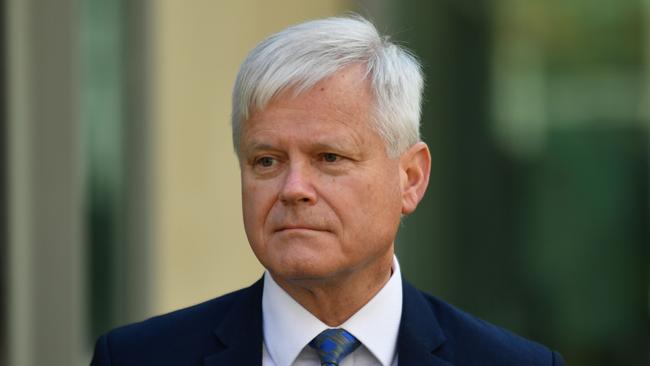
Australia will suffer the economic equivalent of a COVID-19 crisis every year by 2050 if policymakers do not take decisive action now to combat climate change, new modelling from Deloitte Access Economics says.
The research offered a stark choice to policymakers: devise a new growth plan for the economy or face $3.4 trillion in lost GDP and 880,000 lost jobs cumulatively over the next 50 years.
“COVID was always a risk, and Australia has risen beautifully to it,” Deloitte partner Chris Richardson said.
But the economic toll from the pandemic was a taste of things to come if climate change was left unchecked, he said. “This is a risk that we get COVID year after year after year.”
The Deloitte economist said federal and state governments should direct the tens of billions in infrastructure and stimulus spending in coming years into projects that, as much as possible, addressed the twin aims of providing growth-enhancing infrastructure while “future-proofing” the economy and jobs from the impacts of global warming.
As well as spending money on new construction, “why would you not retrofit public buildings and spaces to make them energy-efficient?” Mr Richardson asked.
Ultimately, “addressing the challenges of climate change means getting the energy system right — it has to be cut out for a net zero emission economy,” he said.
Economists often frame the need to approach global warming as a matter of risk management, and the Deloitte report provided a guide around the scale of the long-term risk to the economy, describing a net zero emissions objective as an “economic necessity”.
Deloitte Access Economics partner Pradeep Philip, the lead author, said the report modelled the impact “where physical damages to the environment cause damage to the economy if there is inaction, or misaction, in preventing climate change”.
In contrast, the modelling showed that implementing a “new growth recovery” aimed at reducing the nation’s greenhouse gas emissions to zero in net terms consistent with keeping global warming to 1.5C by 2050 would leave the economy growing 2.6 per cent faster than the baseline, and add more than 250,000 jobs.
The stark warning from one of the country’s lead economic forecasters comes amid heated debate in Canberra over what measures need to be taken to address the risks of global warming, and how urgently.
The Morrison government has committed to a technology-led solution to reducing carbon emissions via its Technology Investment Roadmap, focusing on five technologies: clean hydrogen, energy storage, low carbon steel and aluminium, carbon capture and storage and soil carbon.
A spokesman for Energy Minister Angus Taylor said “getting these technologies right will also substantially reduce emissions and make net zero achievable”.
Australia has been a major beneficiary of the rapid industrialisation of Asia over the past 50 years, which has driven the development of booming coal and iron ore export sectors, but demand for commodities, such as thermal coal, looks less assured in the next five decades as countries pledge to reduce their carbon footprint.
Major trading partners such as Japan, South Korea and China have in recent weeks announced targets to reduce their greenhouse gas emissions to zero in net terms over the coming 30-40 years.
“We have more to gain from fighting off that risk (of global warming) than other nations,” Mr Richardson said.
“The Morrison government will continue to deliver practical measures that guarantee reliable and affordable energy, stimulate jobs and reduce emissions,” Mr Taylor’s spokesman said.


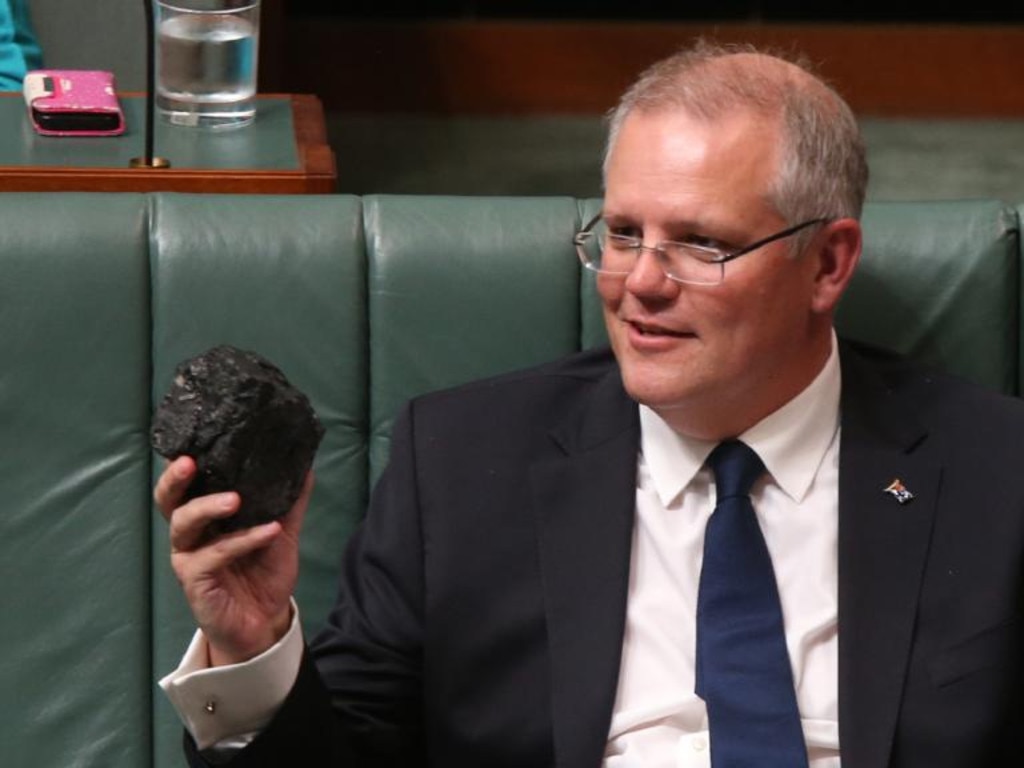
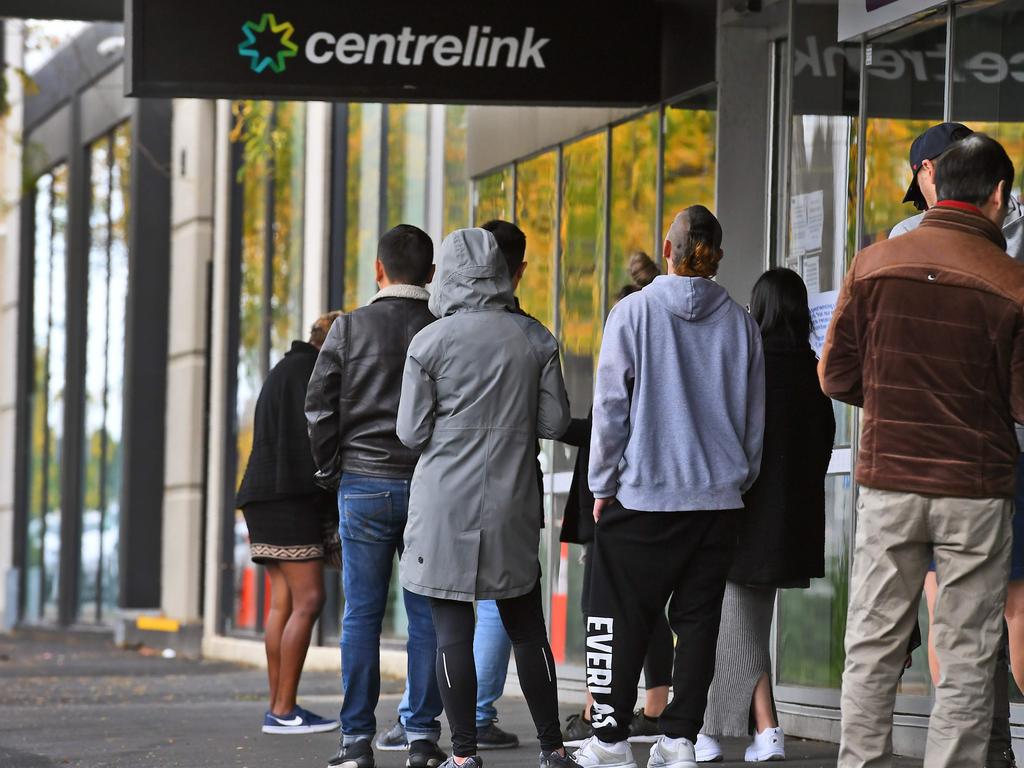
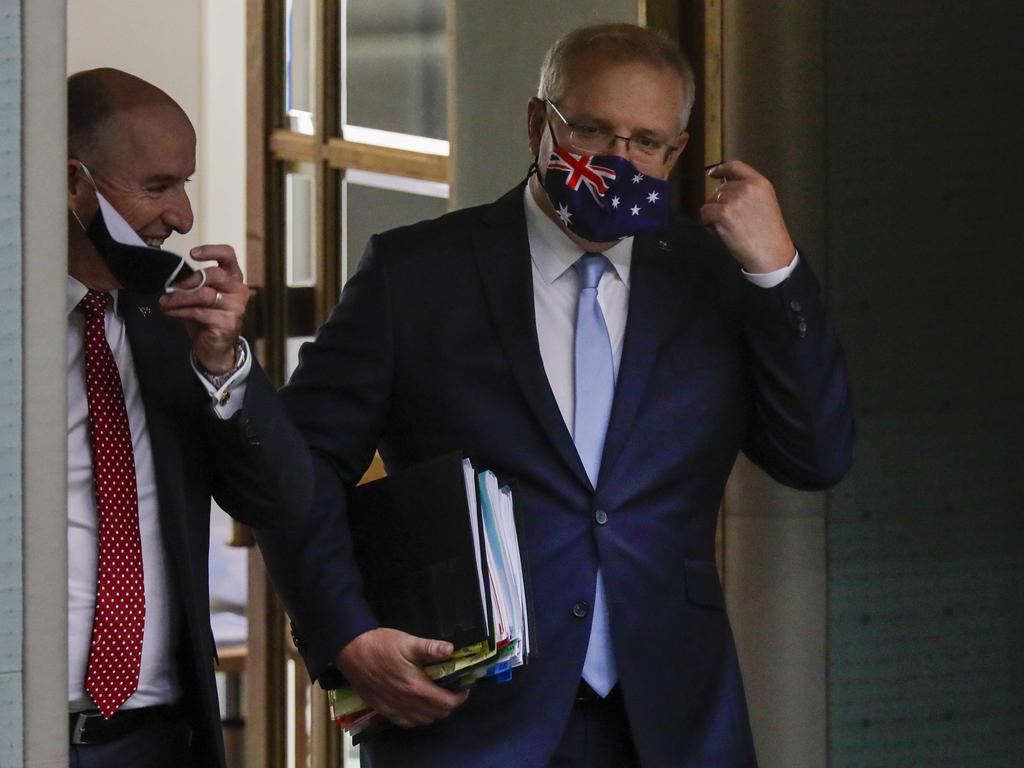
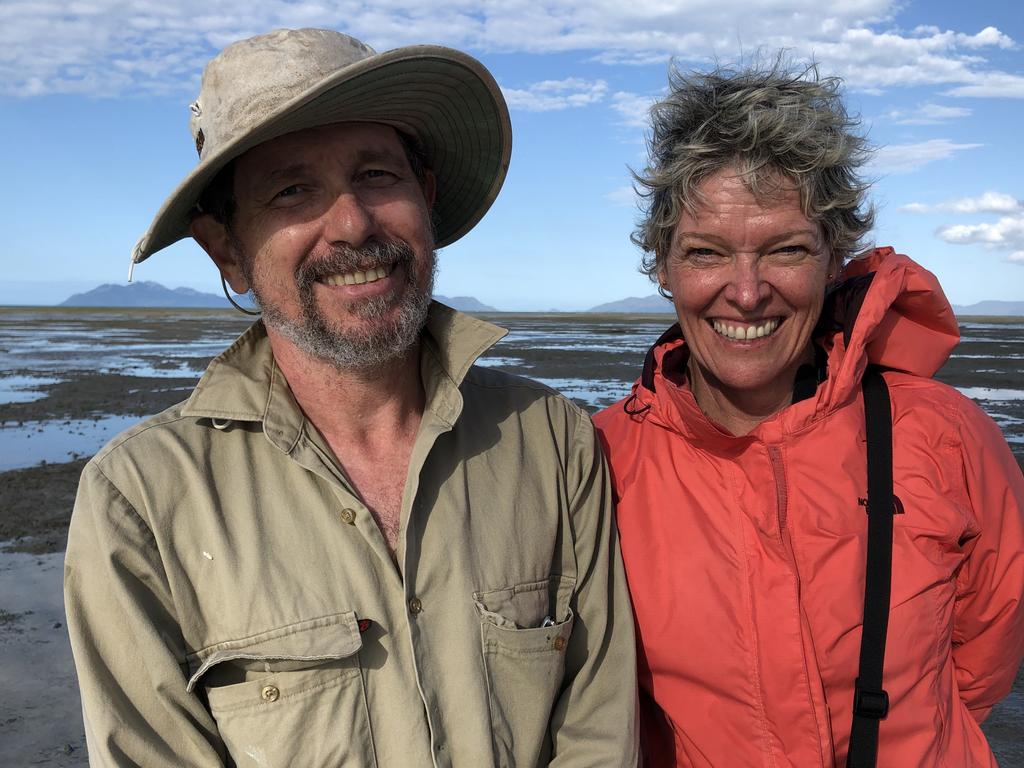

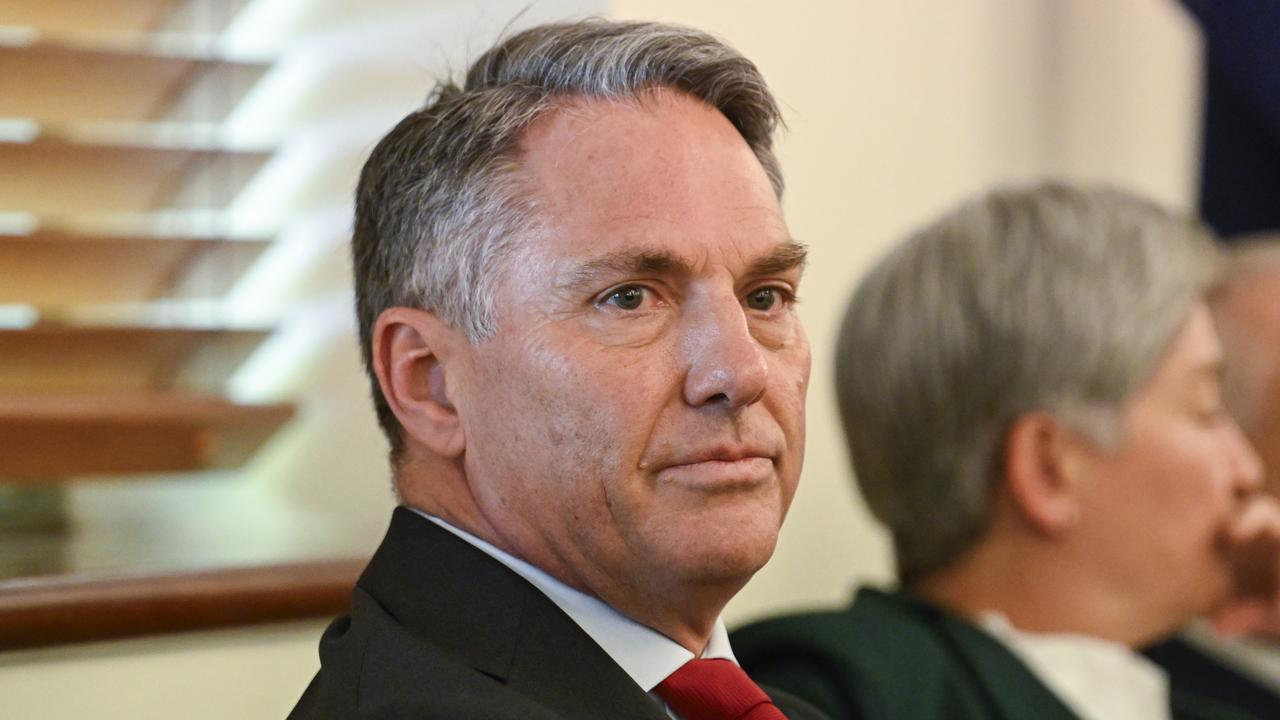
To join the conversation, please log in. Don't have an account? Register
Join the conversation, you are commenting as Logout